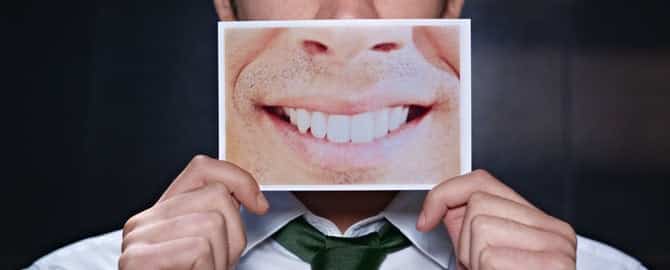In spite of regular brushing and flossing, tooth decay, tooth disease and gum disease can still occur. An extraction may be necessary.
There are times a tooth is decaying and cannot be saved by a filling or a root canal. Or perhaps wisdom teeth are growing in and causing crowding issues. For a variety of reasons it can become necessary to extract a tooth.
Patients requiring a tooth extraction are given a local anesthetic and there is the option of being sedated during the operation.
Tooth extractions don’t have to be painful endeavors and we make sure each of our patients is as comfortable and relaxed as possible throughout the process.
POST-OPERATIVE CARE EXTRACTION
Bleeding
Your bleeding should essentially be stopped by the time you get home. There may be blood present when you spit and might look bright pink the first day following extractions. If you do require placement of more gauze, be sure it is directly over where the tooth was. Be sure you bite down with considerable force.
Leave the gauze in place for fifteen minutes.
If bleeding has not decreased in 3-4 hours, bite on a dampened tea bag placed directly over the surgical site. The tannic acid in the tea helps the blood to clot.
Preventing Infection
The best way to prevent infection is to keep your mouth clean. However, do not brush for the first 24 hours after extraction.
You may also gently rinse with warm salt water several times a day, beginning no sooner than 6 hours after surgery. A warm salt water rinse every 4hours and after meals to flush out particles of food and debris that may lodge in the area help to decrease the chances of an infection developing.
Also, try to avoid dangerous swishing.
Pain
Pain may be the most severe the first day, and then diminish each day thereafter. Pain that goes away after two or three days, especially if you have had wisdom teeth removed, and then comes back is not normal. If that happens please call the doctor who performed the extractions immediately. This is an easy problem for us to treat but we need to be made aware of it.
Swelling
If swelling occurs, it is usually the result of the surgical procedure, and not from infection. This is true if the swelling is present the day following surgery. This swelling should begin to go away about the third day following the operation. If you have no swelling for 2-3 days and then suddenly swell up, or if swelling is still present 5-6 days following the surgery, this could mean the development of an infection, and the doctor who performed the extractions should be notified.
You may use an ice bag to reduce swelling, discomfort, and possibly bleeding in the first twelve hours after surgery. Do not leave it against the skin or more than 15 minutes at a time (you could possibly frostbite your cheeks).
Eating
On the day of surgery, keep your diet soft. Starting the day after your surgery, eat as well as you can, even if it means relying entirely on liquids. Do not use a straw as the suction may cause removal of the blood clot, which is essential to proper healing. A well balanced diet is beneficial to rapid healing. AVOID HOT AND SPICY FOODS.
Medications
For mild discomfort, use Ibuprofen (Advil, Motrin). Please DO NOT take more than 800mg every 4-6 hours. If medications have been prescribed for you, take them as directed on the label with a full glass of liquid. Most medications are best taken with food in the stomach, unless specifically told not to do so on the label instructions. Pain medications especially should not be taken on an empty stomach. You should not drink alcohol, drive a motor vehicle or work around any machinery when taking pain medications.
Remember not to:
- Suck on the wound
- Suck through a straw
- Exercise until all bleeding has stopped
- Smoke for at least 3 days following the extraction
Note
Expect moderate discomfort (even with the pain medication), some swelling and some minor oozing of blood for the immediate 24 hours following surgery. If severe pain, swelling, or bleeding occurs, please call our office immediately.
